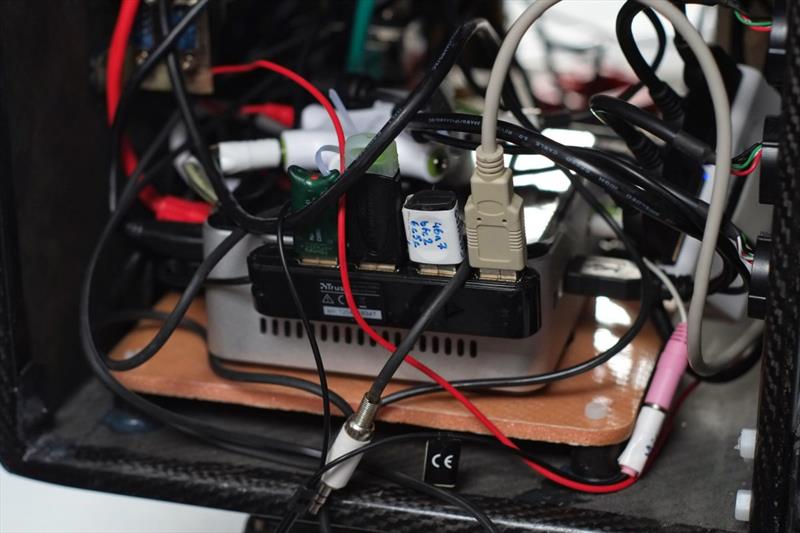
Offshore electrical preparation for your yacht
by Bluewater Cruising Association 14 Feb 2018 18:00 AEDT
10 March 2018

Offshore electrical preparation for your yacht © Bluewater Cruising Association
Purpose & Benefits of Course
In this course you will explore the best options for preparing your boat's electrical systems for offshore. What do you need to consider for batteries, charging, and power management overall when you are offshore?
You will learn about the key electrical components, circuits and discuss electrical problems using a multi meter. The goal is to work towards electrical system's self-sufficiency while offshore.
(This course is held on a Saturday so that it is a good option for those who cannot attend the Friday course held by Nigel Calder later in the month.)
Course Content
Electrical Concepts & Theory
- Offshore Preparation
- Batteries – Types of batteries /advantages and disadvantages, capacities, discharging, sizing battery banks, monitoring batteries
- Charging systems – Alternators/Wind/Solar/Gensets/Hydro/Shore Power
DC Distribution – Panels/Circuit Breakers/Fuses/Wire and wire sizing
- AC Distribution
- Tools of the trade and meters
Key Marine Electrical Components
- Battery charger
- Alternator
- Regulator – built into alternator and separate
- Battery types – house batteries – cranking battery
- Inverters and inverter/chargers
- Charging of low voltage devices like phones and computers
- Generators – gas & diesel
- Alternative energy sources – solar panels, wind generator, tow generator
- Circuit breakers
- Fuses
- Relays – anchor windlass and power winches
- Lighting – halogen lights vs LED lights
Offshore-capable Electrical Wiring
- Protecting from moisture – crimps with heat shrink and black heat shrink
- Through deck fittings – running wiring through the deck
- How to secure wires – zap straps and chafe protection
- Labeling for troubleshooting and reference
About the Instructor
A systems design engineer (BASc), Jeff Cote is actively involved in the National Marine Electronics Association (NMEA) and is a member of its Certified Marine Electronics Technician development committee. As Western Canada's only NMEA instructor, he holds a NMEA advanced marine electronic installer certification; he also holds marine electrical certification through the American Boat and Yacht Council. Jeff is a certified installer of Raymarine and Garmin electronics.
For more information and to register – Click here.
This article has been provided by the courtesy of Bluewater Cruising Association.